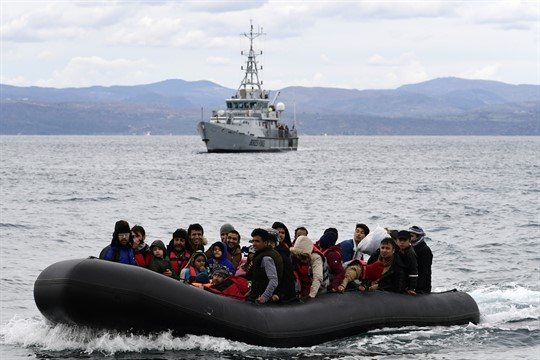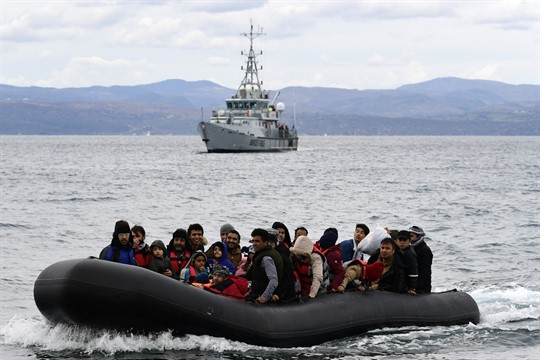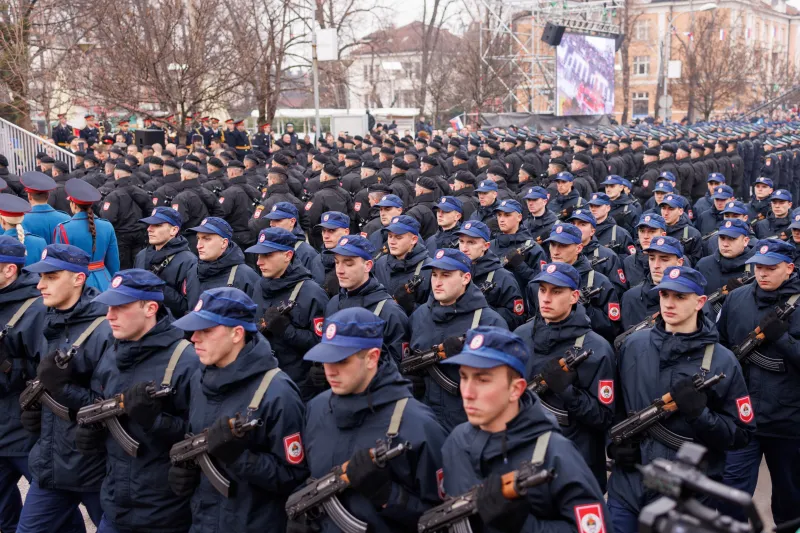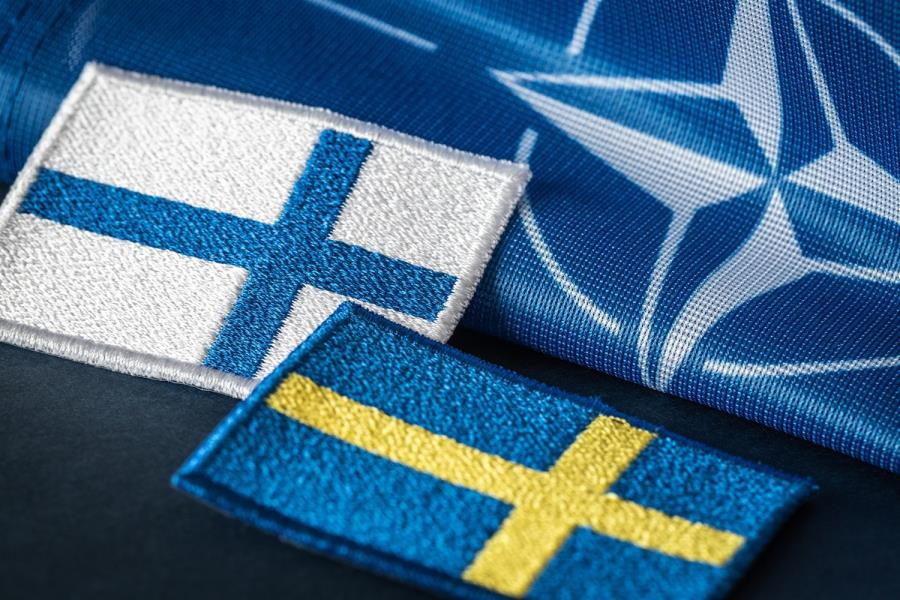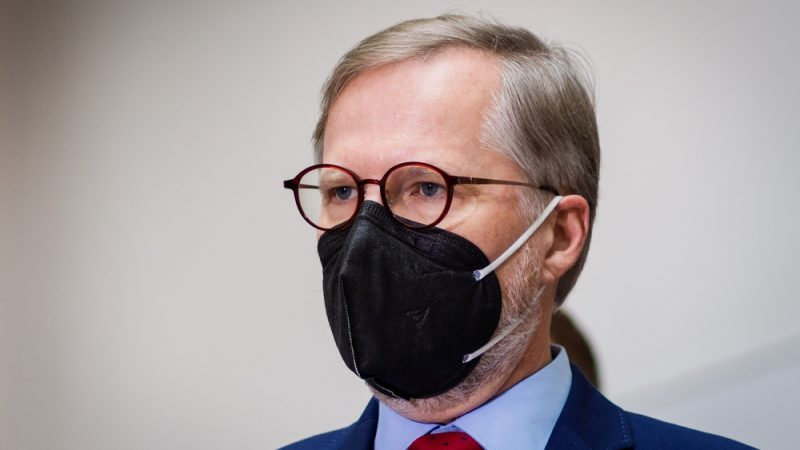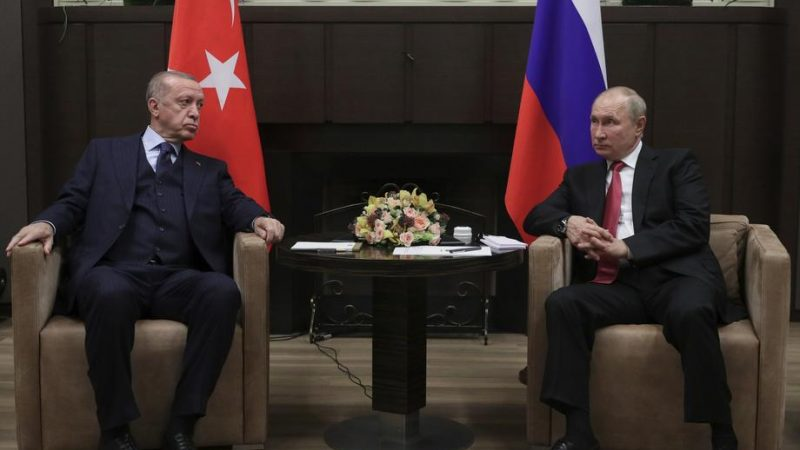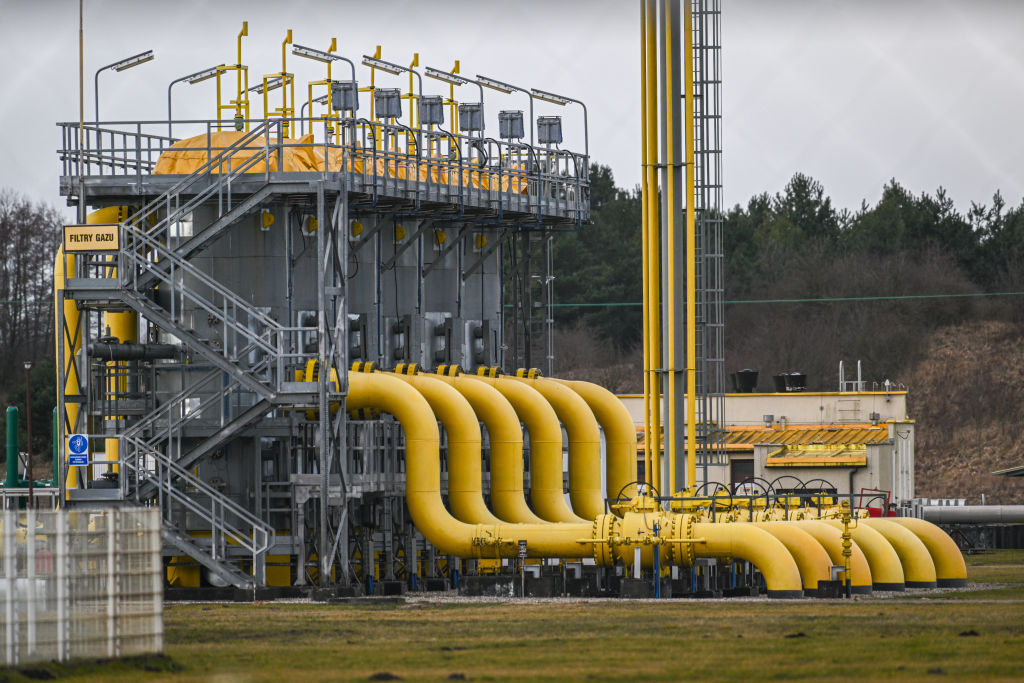Erdogan writes off Greece’s Mitsotakis, maintains stance on NATO expansion
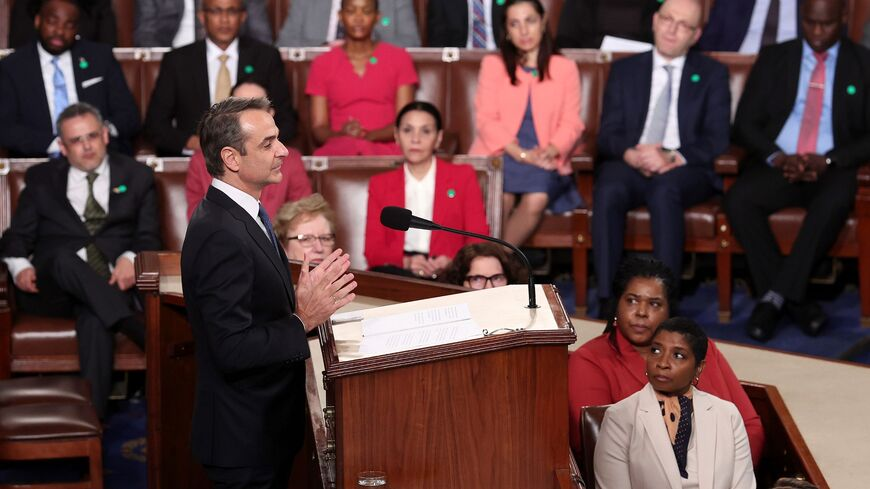
Enraged by the Greek premier’s remarks to US Congress against arms sales to Turkey, Erdogan denounces Greece, along with Sweden and Finland, for supporting terrorism.
Opening up a new battlefront with NATO allies, President Recep Tayyip Erdogan announced late Monday that he had “written off” Greek Prime Minister Kyriakos Mitsotakis for lobbying the US Congress against military sales to Turkey.

